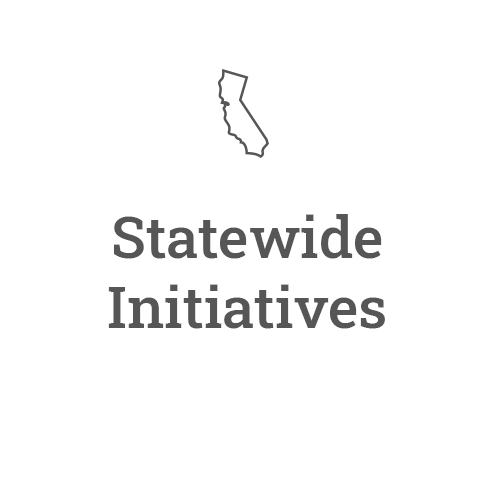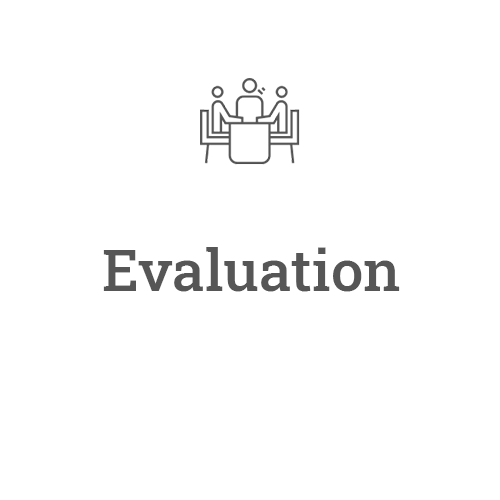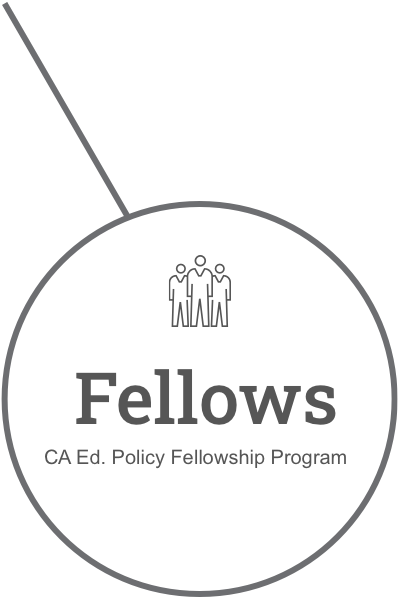
EdInsights is a research center
EdInsights’ purpose is to conduct research, provide evaluation services, and create collaborative professional learning spaces that inform and advance anti-racist approaches to policymaking and practice so that minoritized student populations have equitable opportunities and outcomes in their public education and career journeys.
Featured Publications and Media
Black-Serving Is Not New: Carrying a Legacy Forward in California Higher Education
In “Black-Serving Is Not New: Carrying a Legacy Forward in California Higher Education,” Dr. Tangela Blakely Reavis, associate professor at Saint Mary’s College of California, and Candace Jones, Vice President, Administrative and Business Services at Long Beach City College, invite us to use Black History Month to reflect not only on the past but on the present. The authors examine the opportunity that California’s expansion of the Black Serving Institution designation offers for meaningfully supporting Black student success, posing the question, “What does it take to effectively serve Black students?” Drawing on the model of Historically Black Colleges and Universities, they offer a compelling vision for how institutions with clarity of purpose can intentionally live into the designation in a way that is meaningful and impactful rather than performative.
The Politics of Intelligence: How AI Is Rewriting Educational Power Lines
AI’s potential for personalization offers a compelling solution. AI-powered tools can analyze student data to identify individual learning gaps, curate culturally relevant resources, and generate personalized learning paths. Imagine an AI tutor providing real-time feedback in a student’s native language, or an AI-powered platform recommending texts and videos that reflect a student’s cultural background, fostering a deeper connection to the learning material. This level of bespoke support moves beyond simply delivering content; it acknowledges and celebrates individual identities, making learning more accessible and resonant.
A Year of People, Partnership, and Purpose at EdInsights
As we wrap up 2025, we’re reflecting on what this year has encompassed for EdInsights. As a center that prides itself on its people-first approach, we’re excited to share some of our staff’s favorites for the year. EdInsights is fortunate to have an exceptional and diverse team behind all of the work that we do.








